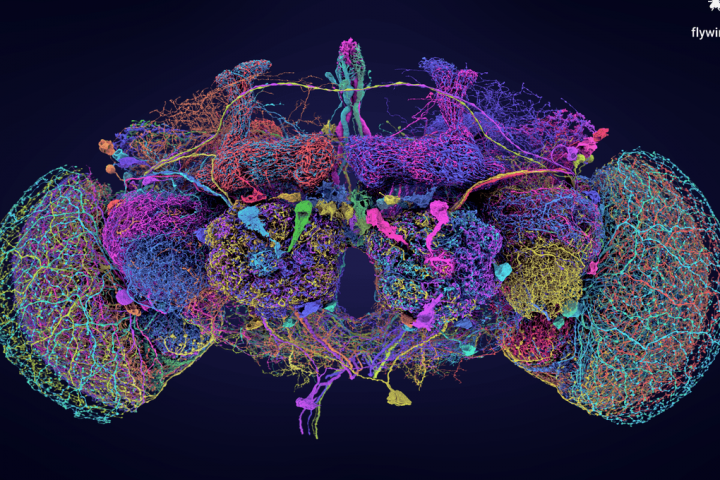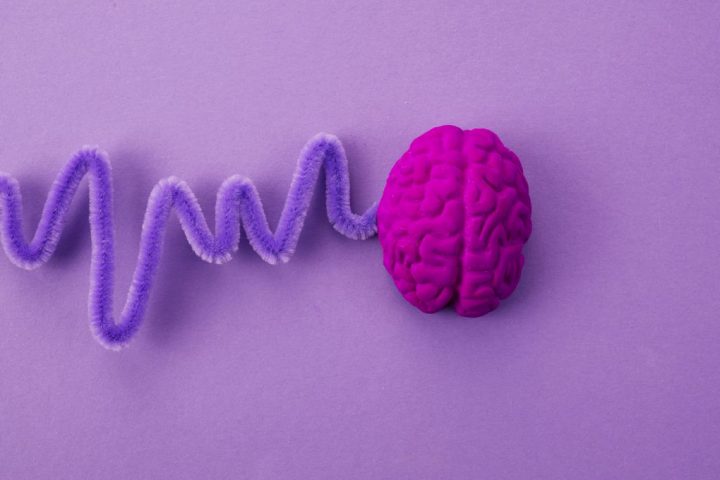When it comes to healthy weight management, fiber may hold the key. Nature has perfectly balanced ratios of fiber and carbs in whole foods like unprocessed fruits, vegetables, whole grains, beans, nuts, and seeds. Research shows that carbohydrates are meant to be consumed in these nature-balanced ratios of total carbohydrates to fiber. Certain types of fiber even affect how your body absorbs and processes carbohydrates once they are absorbed.
Fiber plays a crucial role in slowing down the absorption of sugar in your gut. It also influences the fundamental biology that popular weight loss drugs like Wegovy and Ozempic tap into, but in a natural way. Your microbiome transforms fiber into signals that stimulate gut hormones, which regulate stomach emptying, blood sugar levels, and hunger.
It’s as if unprocessed carbohydrates come with their own instruction manual for your body on how to digest them.
As a physician scientist and gastroenterologist with over 20 years of experience studying how food affects the gut microbiome and metabolism, I can confidently say that fiber is not only important for bowel movements but also for blood sugar, weight, and overall health.
Carbohydrates without their wrappers
Unfortunately, most Americans consume the majority of their carbohydrates without the natural fibers. Modern processed grains like white rice and white flour, as well as many ultraprocessed foods like sugary breakfast cereals, packaged snacks, and juices, have removed these fibers. They come unwrapped and without instructions for your body on how much to absorb and how to process them. Shockingly, only 5% of Americans eat the recommended amount of carbohydrates with enough natural packaging intact. Guidelines suggest consuming at least 25 to 30 grams of fiber a day from food.
It’s not surprising that the lack of fiber contributes to diabetes and obesity. What is surprising is that the fiber gap also likely contributes to heart disease, certain types of cancer, and possibly even Alzheimer’s disease.
One popular approach to combat the negative effects of low fiber and high refined carbohydrates is to limit carbohydrate intake. Low-carb, keto, paleo, and Atkins diets are variations of this approach. There is scientific evidence supporting the benefits of these diets, such as inducing ketosis, weight loss, and improvements in blood pressure and inflammation.
However, some keto diets may have negative effects on gut health, and their long-term impact on heart health, certain forms of cancer, and other conditions is still unknown.
Interestingly, research shows that people who follow diets high in plant-sourced carbohydrates, like the Mediterranean diet, tend to live the longest and healthiest lives. This raises the question of how low-carbohydrate diets can benefit metabolic health.
Is a carb a carb?
The answer may lie in the types of carbohydrates that studies evaluate. Limiting simple sugars and refined carbohydrates can improve certain aspects of metabolic health since they are easily digested and absorbed. However, a more comprehensive and sustainable approach to improving health is increasing the consumption of unprocessed, complex, and slowly absorbed carbohydrates that come with their natural packaging and instructions intact – those that contain fiber.
You can find these natural carbohydrates in whole grains, beans, nuts, seeds, fruits, and vegetables. They have ratios of total carbohydrate to fiber that rarely exceed 10-to-1 and are often 5-to-1 or lower. Choosing mostly whole foods ensures that you consume quality carbohydrates with the right ratios.
But who doesn’t enjoy a bowl of pasta or cake with ice cream occasionally? When selecting more processed foods at the store, focus on packaged processed foods that maintain carb-to-fiber ratios of at least 10-to-1 or ideally 5-to-1. Simply divide the total carbohydrates by dietary fiber by checking the nutrition facts label.
On special occasions when you’re eating out or celebrating, consider taking a fiber supplement with your meal. A pilot study found that a supplement containing a blend of fibers decreased the blood sugar spike after a meal in healthy individuals by roughly 30%.
Listen to your body
While almost all fiber is generally good for health, not all fiber affects the body in the same way. Consuming a range of different types of








